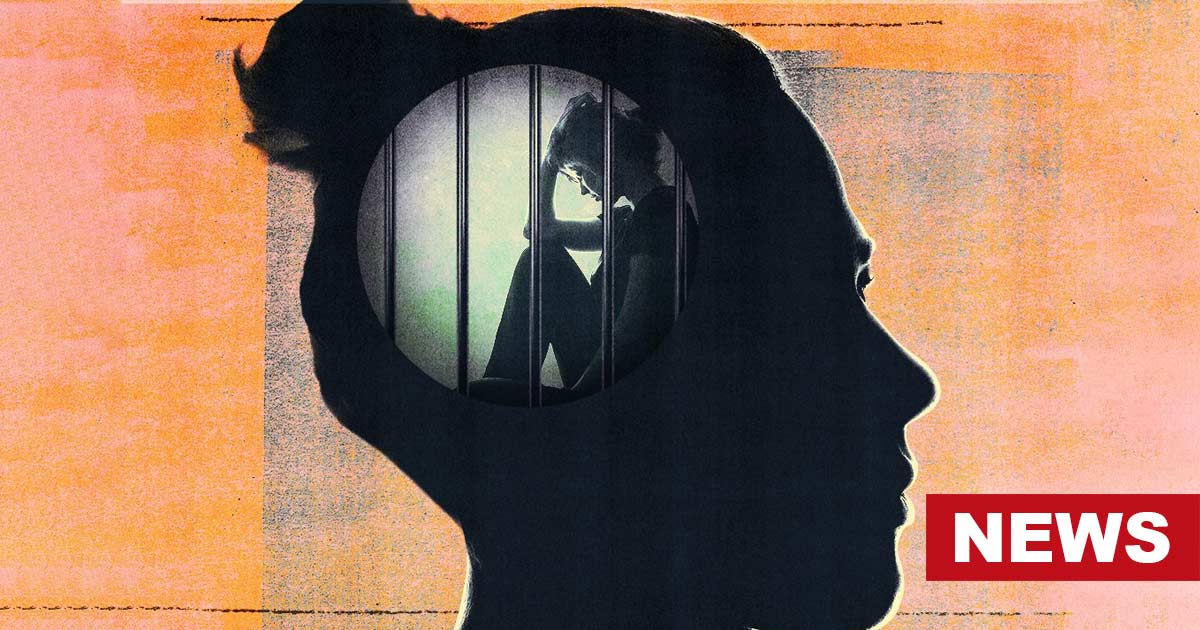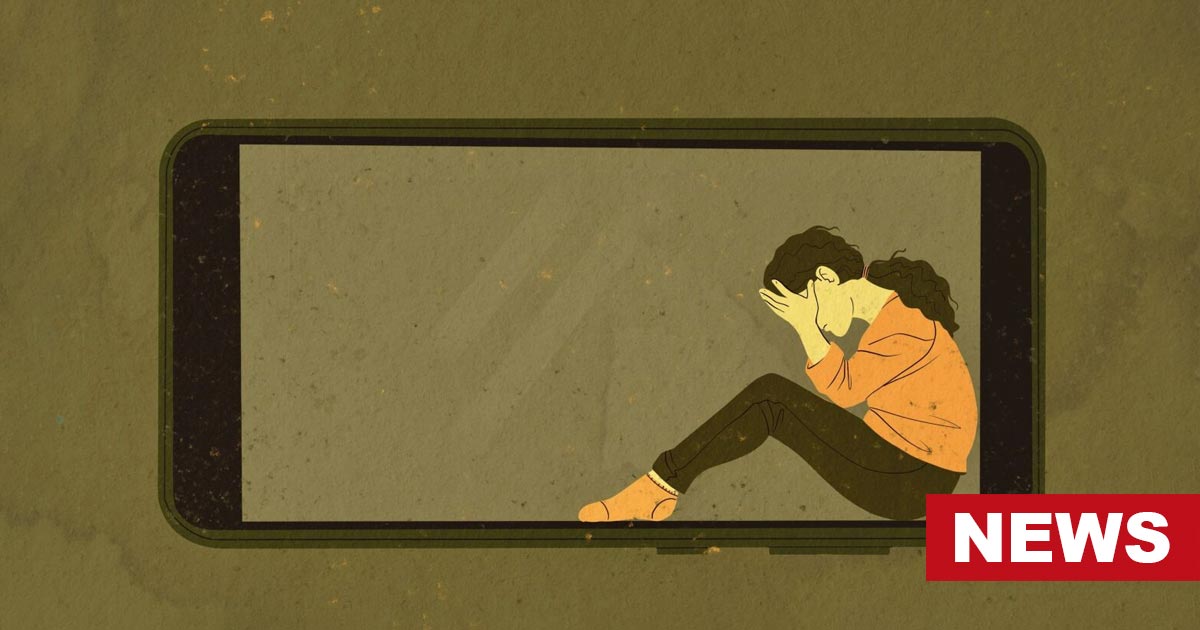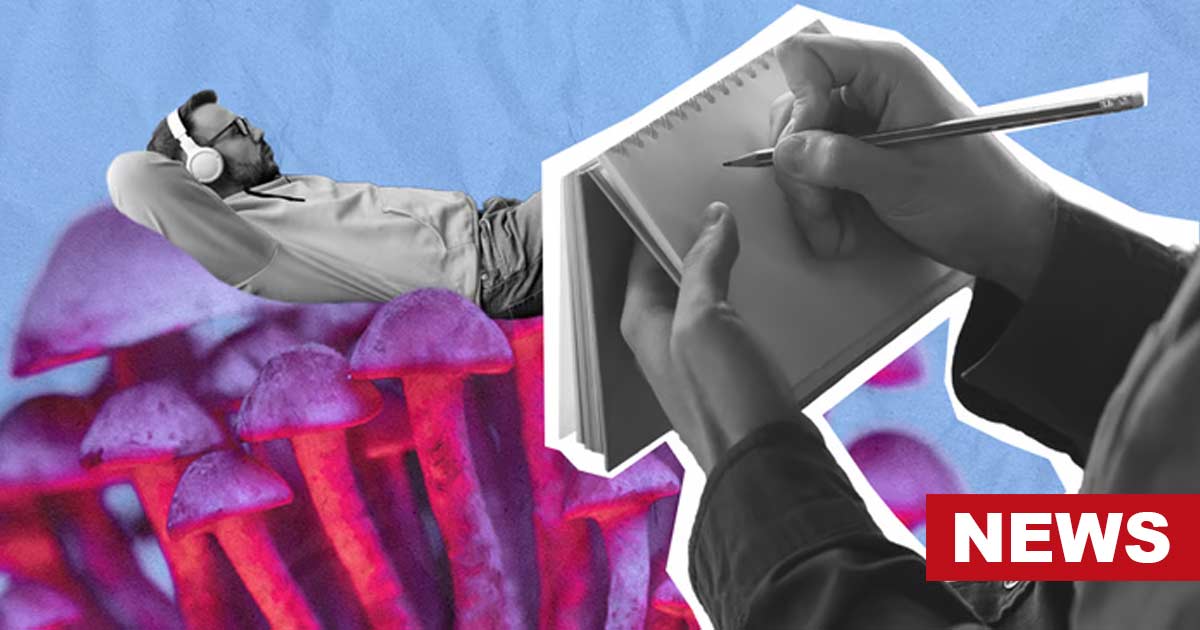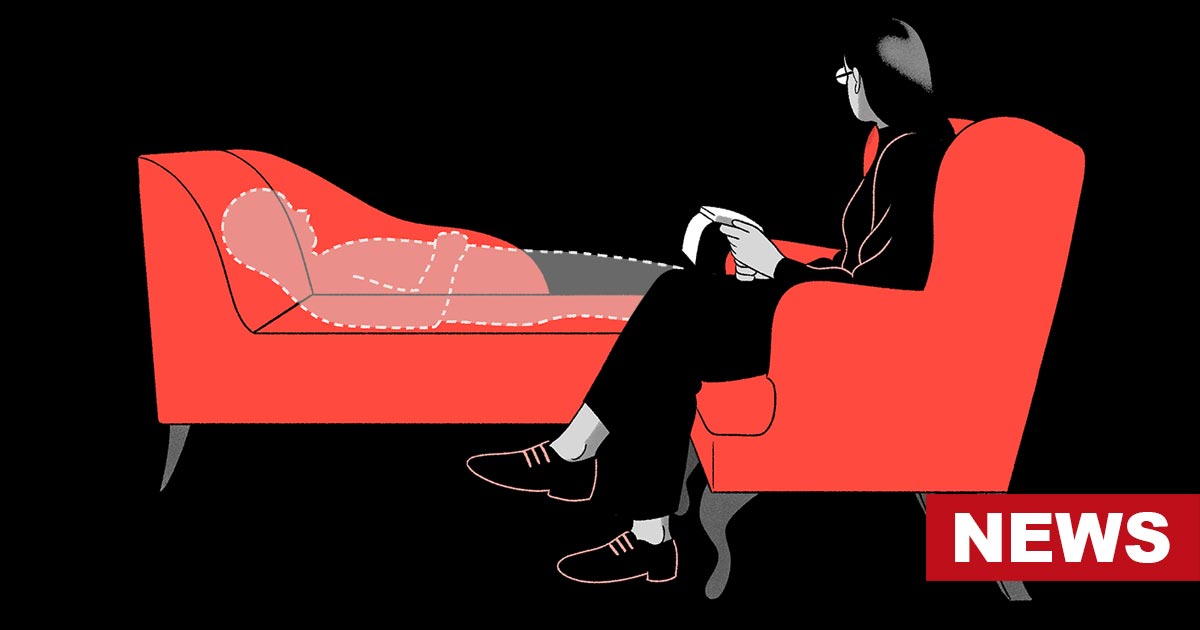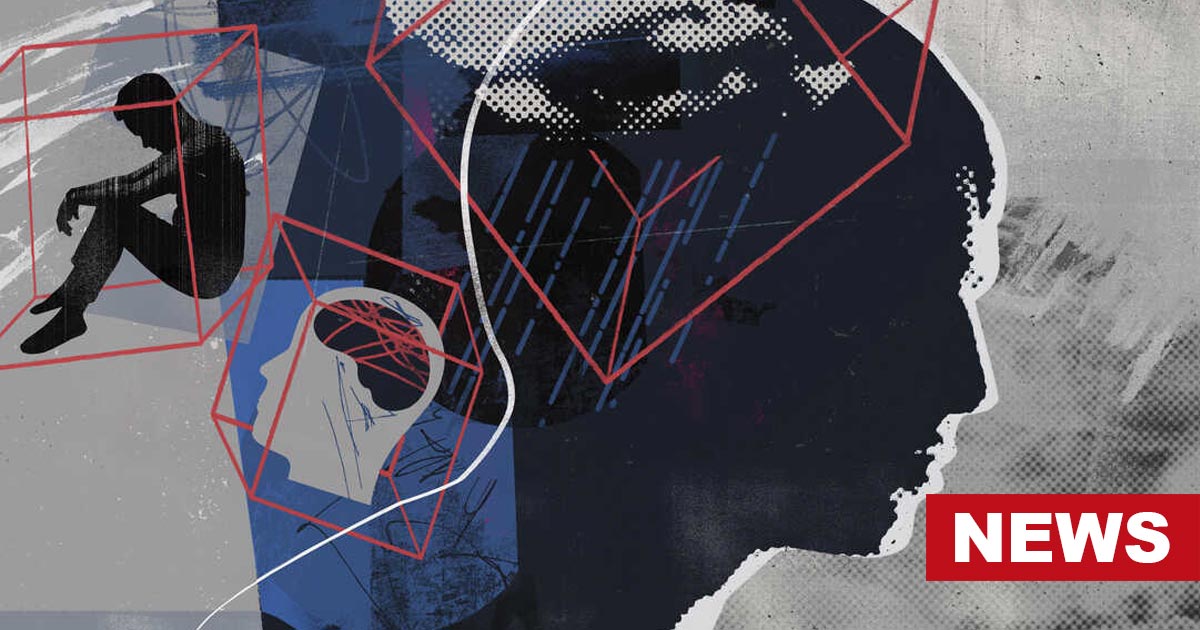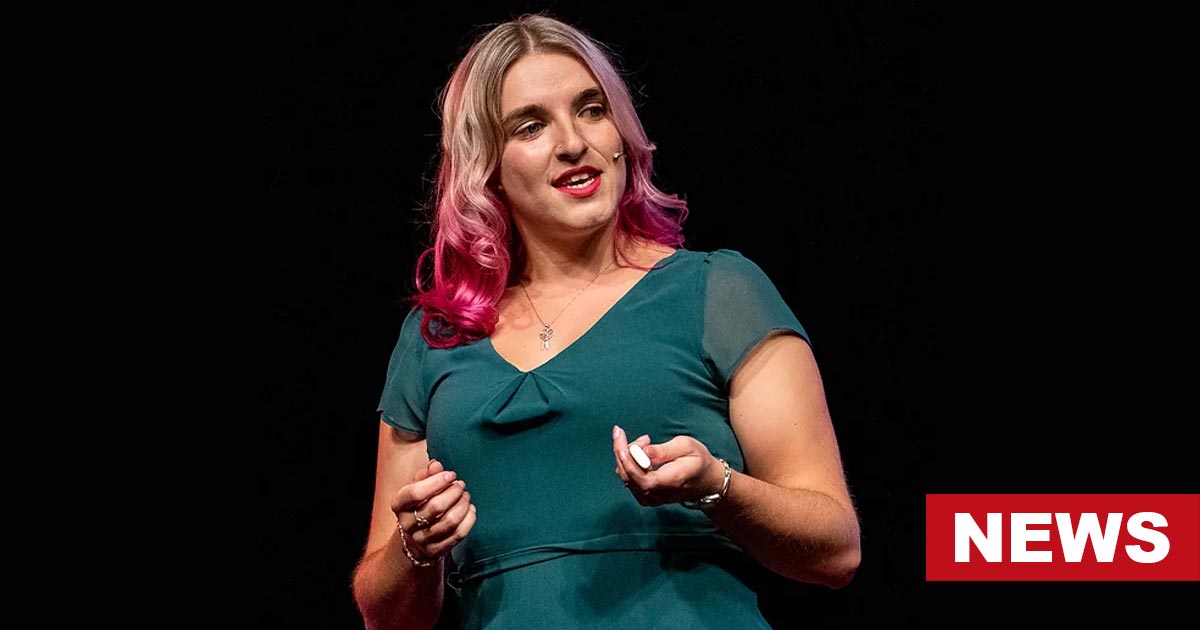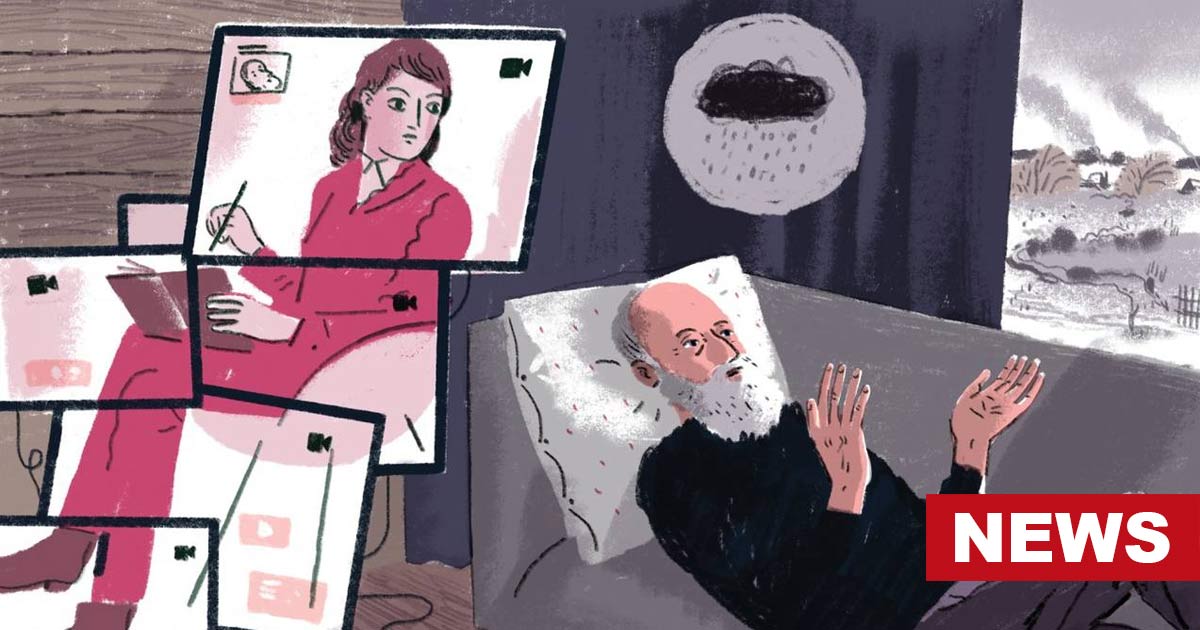- The state of mental healthcare varies significantly across the globe.
- In recent years, experts have looked to technology’s assistance as the future of mental health care.
The Mental Health Landscape Across The Globe
The mental health landscape across the globe is diverse and complex. Prior to the COVID-19 pandemic, mental health issues were already a significant concern, with conditions such as depression, anxiety, and substance abuse affecting millions of people worldwide. However, the pandemic has exacerbated these challenges, leading to increased stress, isolation, and uncertainty.
Difficulties In Availing Mental Health Care
Availing mental health care can be a challenging process for many individuals. One of the primary barriers is the stigma associated with mental illnesses. Societal misconceptions and negative attitudes can discourage individuals from seeking help or openly discussing their struggles.
Moreover, there is a significant shortage of mental health professionals in many regions, resulting in long wait times and limited access to care.
Financial constraints also pose a significant obstacle to mental health care. Treatment costs, especially for prolonged therapy or medications, can be prohibitive for individuals with limited financial resources or inadequate insurance coverage. This disparity further exacerbates the inequality in accessing mental health services.
Language and cultural barriers can impede access to mental health care, particularly for immigrants and minority populations. The limited availability of services in different languages and the lack of culturally sensitive approaches can prevent individuals from seeking appropriate care.
The Changing Approach Toward Mental Health
In many countries, there is a growing recognition of the importance of mental health and a concerted effort to address it. Governments, healthcare systems, and organizations are implementing policies and programs to promote mental well-being, improve access to mental health services, and reduce stigma.
Despite these efforts, significant gaps in resources and support remain, particularly in low-income countries. There is an ongoing need for global collaboration, research, investment, and technology to ensure that mental health is prioritized and accessible for all individuals, regardless of their geographic location or socio-economic background.
The Future Of Mental Health Care
Despite the challenges, the future of mental health care looks promising, thanks to advancements in technology and evolving treatment approaches. Technology has the potential to bridge the gaps in mental healthcare by providing innovative solutions that enhance accessibility and affordability. These include:
1. Internet Resources
The internet plays a vital role in mental health care, offering a wealth of resources and information. Numerous websites, forums, and online communities provide education, support, and self-help tools for individuals seeking to understand and manage their mental health.
These platforms also facilitate the sharing of personal experiences, reducing feelings of isolation and fostering a sense of community.
2. Online Counseling
Online counseling, also known as teletherapy or e-counseling, has gained popularity as a convenient and accessible form of mental health support. Through secure video conferencing platforms, individuals can connect with licensed therapists remotely, eliminating geographical barriers and saving time and travel expenses.
Online counseling offers flexibility in scheduling and allows individuals to receive therapy from the comfort and privacy of their own homes.
3. Virtual Reality Therapy
Virtual reality (VR) therapy is an emerging technology that shows promise in treating various mental health conditions. By immersing individuals in computer-generated environments, VR therapy can simulate real-life situations that trigger anxiety or fear.
This technology enables therapists to guide individuals through exposure therapy, helping them confront and manage their emotional responses in a controlled and safe environment.
4. Nutritional Psychology
The field of nutritional psychology recognizes the strong link between nutrition and mental health. Research suggests that certain dietary patterns can influence brain function, mood, and overall mental well-being.
Incorporating nutritional interventions and personalized dietary plans as part of mental health treatment can complement traditional approaches and contribute to improved outcomes.
5. Psychedelics
Psychedelic-assisted therapy is gaining attention as a potentially transformative approach to mental health treatment. Substances like psilocybin (found in certain mushrooms) and MDMA (commonly known as ecstasy) have shown promising results in clinical trials for conditions such as treatment-resistant depression and post-traumatic stress disorder (PTSD).
When used in conjunction with therapy, these substances can facilitate breakthrough experiences and promote emotional healing.
6. AI Chatbots
Artificial Intelligence (AI) chatbots are computer programs designed to simulate human conversation. In the context of mental health, AI chatbots offer a confidential and nonjudgmental platform for individuals to express their thoughts and emotions.
These chatbots use natural language processing algorithms to provide automated responses and suggestions based on the user’s input. While they are not a substitute for human therapy, AI chatbots can provide support, encouragement, and access to resources, particularly in underserved areas.
Benefits Of Technology-Assisted Mental Health Care
Technology-assisted mental health care offers several advantages. It increases access to services, particularly for those in remote areas or with limited mobility.
Technology can also reduce the stigma associated with seeking help, as individuals can access care discreetly from their own homes. Additionally, technology allows for more personalized and tailored interventions, enhancing treatment effectiveness.
Tips To Better Avail Technology-Assisted Mental Health Care
To make the most of technology-assisted mental health care, consider the following tips:
- Research and choose reputable online platforms and resources that align with your needs and preferences.
- Prioritize privacy and data security by selecting secure platforms and understanding their privacy policies.
- Communicate openly and honestly with online therapists or counselors, providing them with the necessary information to support your mental health journey effectively.
- Maintain a routine and stick to scheduled therapy sessions or online support group meetings.
- Seek a healthy balance between technology use and offline activities to avoid excessive reliance on virtual platforms.
- Take advantage of additional resources provided by technology, such as mental health apps, guided meditation, or relaxation exercises.
- Stay engaged with your mental health treatment and communicate any concerns or challenges you may encounter with your therapist or counselor.
Therefore, the future of mental health care involves leveraging the potential of technology and utilizing available resources to enhance the availability of therapy.
By availing these therapies, individuals can better access and benefit from mental health care, thereby improving their treatment outcomes, overall well-being, and quality of life.
Know More About –
Related Articles –
- The Positive Impact of Modern Technology in Our Day to Day Lives
- Unplug To Recharge: 10 Incredible Benefits Of Digital Detox
- 10 Ways To Stimulate Your Vagus Nerve for Better Physical and Mental Health


